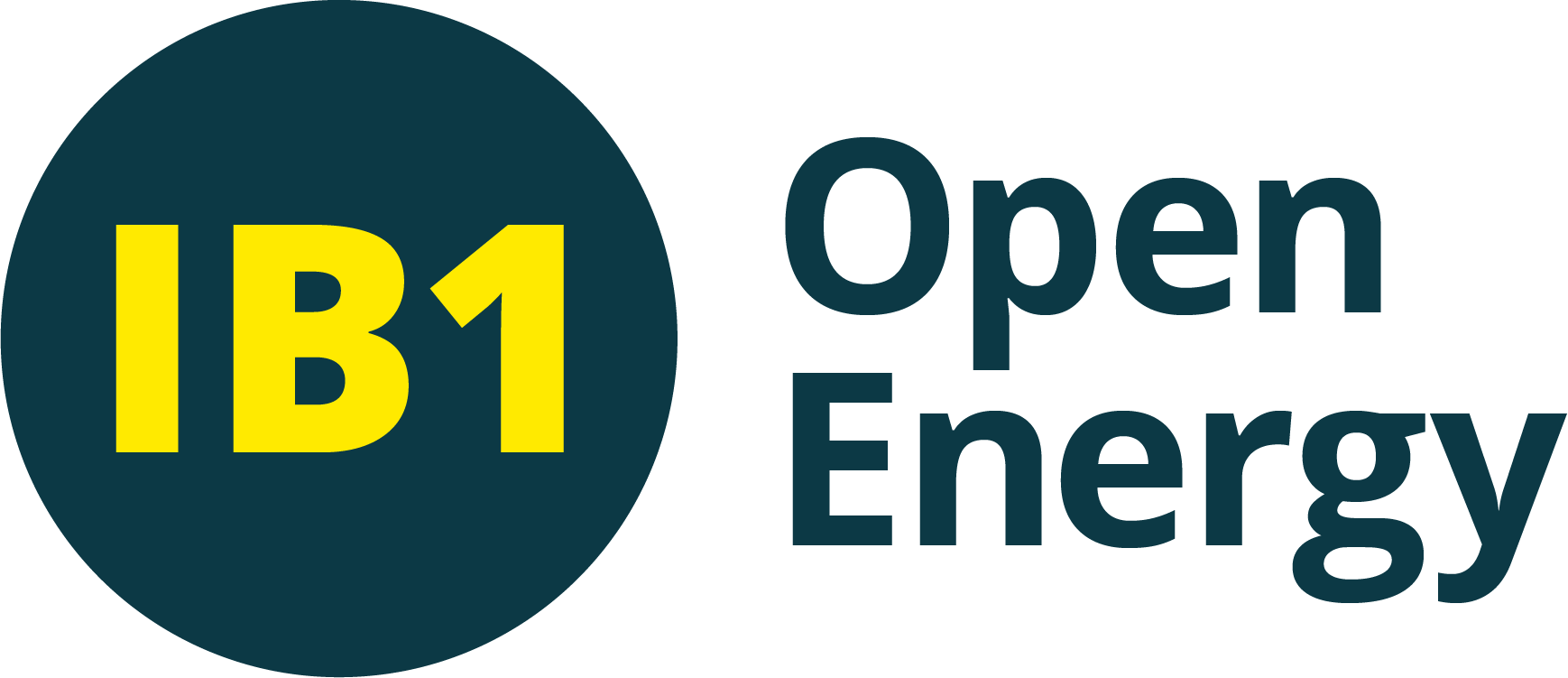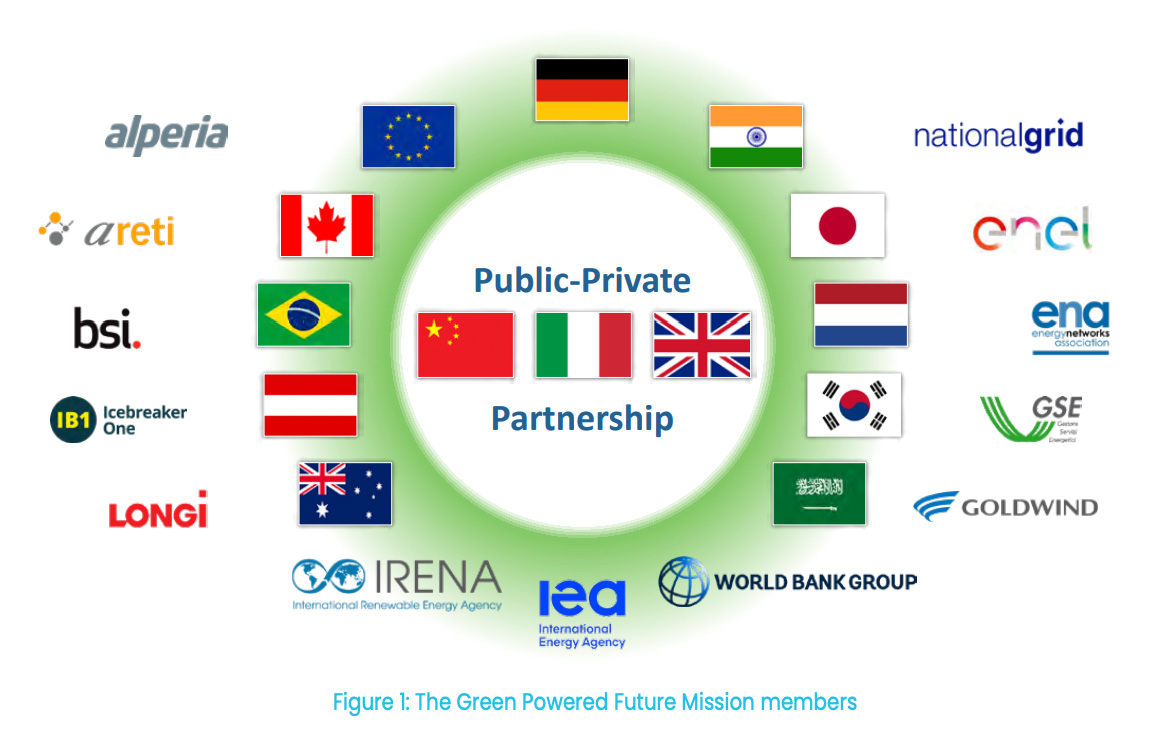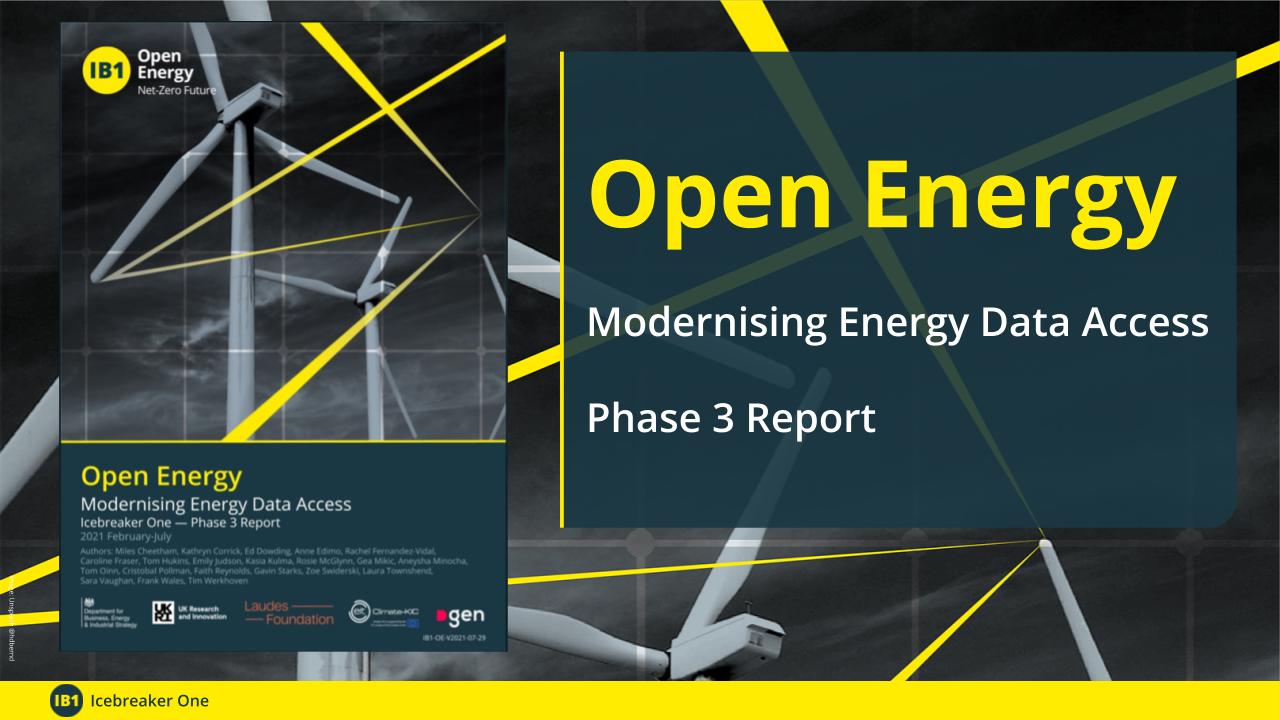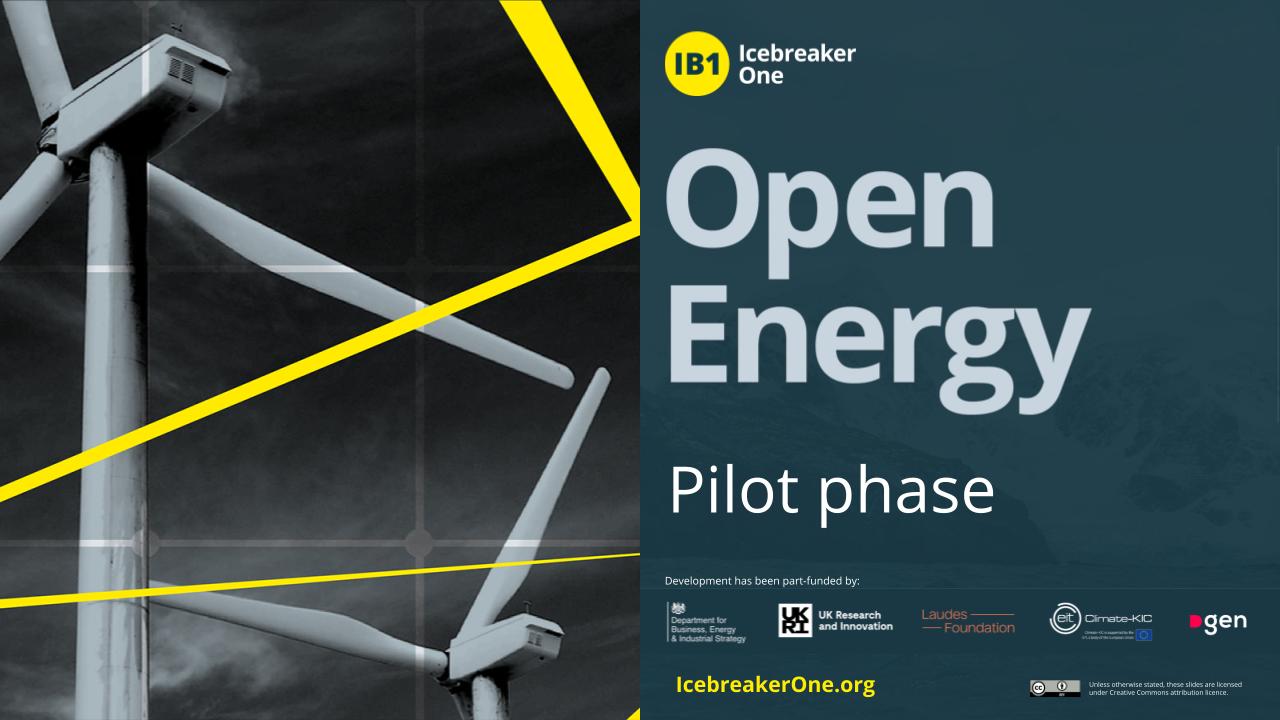Current development status: Pilot at https://openenergy.org.uk
Roadmap: https://icebreakerone.org/energy/roadmap-2022-04-01/
“Digitalisation is no longer a nice to have – it’s essential in decarbonising Britain’s energy system, and will need deeply embedding into our energy system if we’re to meet our ambitious and legally-binding Net Zero targets. Without digitalisation, the system will not be able to manage the growing complexities of a decarbonised system.” Laura Sandys, chair of the Energy Digitalisation Taskforce and non-executive director at Energy Systems Catapult
If you can’t find what you are looking for, are interested in joining the UK programme,
or are interested in developing Open Energy for your country (e.g. in collaboration with the global Mission Innovation programme), please contact us openenergy@icebreakerone.org
To watch the whole keynote click here section.
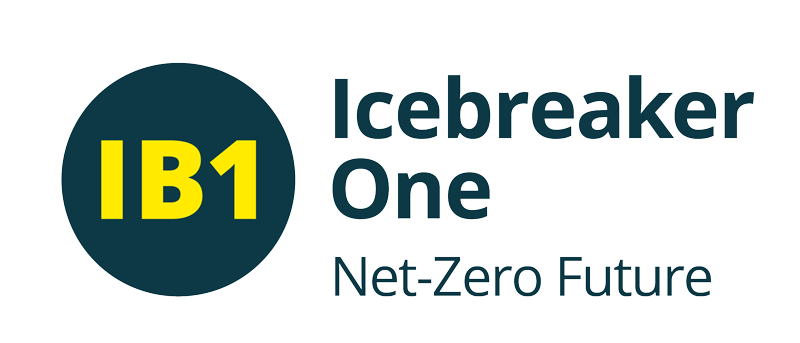
Icebreaker One is an independent, non-partisan non-profit with a global reach. We aim to influence investment decisions of $3.6T/year to deliver net-zero by 2030. We are unlocking the data infrastructure needed to share industry, environment & financial data and help everyone understand how best to use data as a continuous flow of evidence that informs action.
